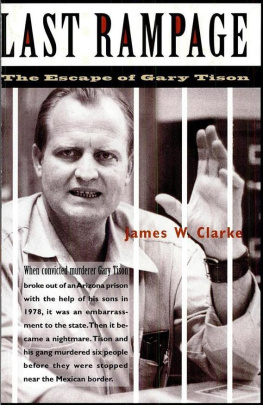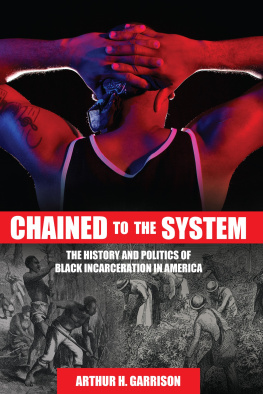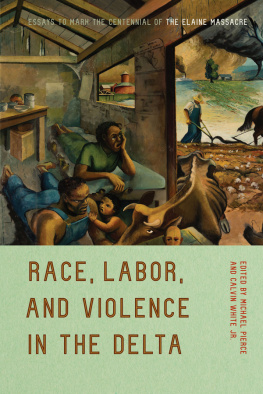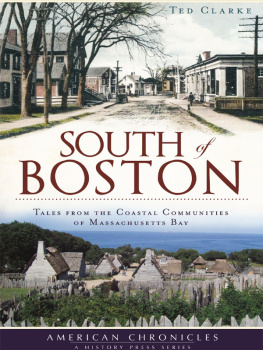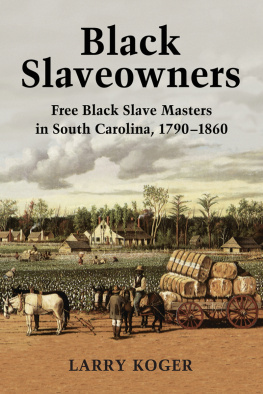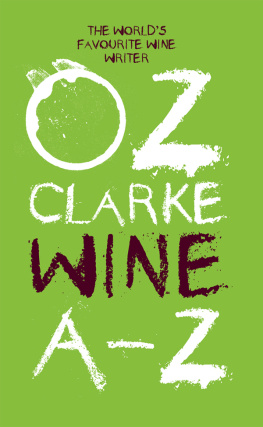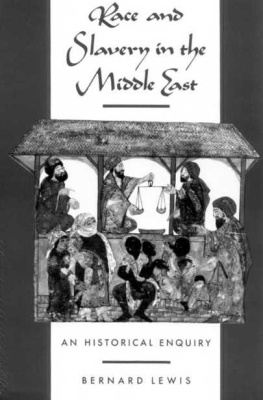First published 1998 by Transaction Publishers
Published 2017 by Routledge
2 Park Square, Milton Park, Abingdon, Oxon OX14 4RN
711 Third Avenue, New York, NY 10017
Routledge is an imprint of the Taylor and Francis Group, an in forma business
Copyright 1998 by Taylor & Francis.
All rights reserved. No part of this book may be reprinted or reproduced or utilised in any form or by any electronic, mechanical, or other means, now known or hereafter invented, including photocopying and recording, or in any information storage or retrieval system, without permission in writing from the publishers.
Notice:
Product or corporate names may be trademarks or registered trademarks, and are used only for identification and explanation without intent to infringe.
Library of Congress Catalog Number: 97-51699
Library of Congress Cataloging-in-Publication Data
Clarke, James W., 1937-
The lineaments of wrath: race, violent crime, and American culture / James W. Clarke.
p. cm.
Includes bibliographical references and index.
ISBN 1-56000-358-8 (alk. paper)
1. Violence-United States-History. 2. United States-Race relations-History. 3. Violent crimes-United States-History. 4. Racism-United States-History. I. Title.
HN90. V5C56 1998
305.8 00973-dc21
97-51699
CIP
ISBN 13: 978-0-7658-0873-8 (pbk)
ISBN 13: 978-1-56000-358-8 (hbk)
Writing about race and violence in America is like trying to thread one's way through a political minefield. I can appreciate now, in a way I never had before, why race remains this nation's most divisive and intractable problem. I am grateful to friends and strangers alike who have helped me. Three persons, in particular, deserve special mention.
My curiosity about the incendiary nature of American race relations was first stirred by the tumultuous events of the 1960s. During a sojourn in the South, a colleague and I wrote a piece based on the reactions of Southern white and black school children to the assassination of Martin Luther King, Jr. Irving Louis Horowitz, editor of what was then a new scholarly journal, Transaction, published that troubling article in the October 1968 issue. It was not only my first publication, it may have been the most important, for it changed the course of my interests and career as I ventured into the minefield.
Never one to draw back from important issues, no matter how controversial, Professor Horowitz proved it again in 1996 when he published a second article of mine on black-on-black violence. This appeared in the July/August issue of the by-then-retitled Society. Now to have as publisher of this book a man acquainted with this research from the beginning, and one who also is so widely respected in the social and behavioral sciences, is most gratifying.
I am also indebted to Professor Albert Weale, co-editor of the British Journal of Political Science, for guiding me, as it were, through a particularly treacherous area of the minefield. As a result of his good advice and refreshing display of editorial backbone, another article, also drawn from my current research, was published in the April 1998 issue of that journal. Without Fear or Shame: Lynching, Capital Punishment, and the Subculture of Violence in the American South, challenges a dominant sociological paradigm, as well as the conventional interpretation of a critical period of American race relations.
Over the twenty-five or so years that I have been teaching in the area of race and public policy, I learned much from conversations with an old friend, Lucinda Harris. It was because of her that I began to question some of the standard, but very antiseptic, interpretations of American race relations I was assigning in my classes. A descendent of Mississippi slaves, bom to Oklahoma sharecroppers early in this century, Lucinda had personally endured many of the hardships and tragedies described in this book. I asked her many questions: fear? crop liens? domestic violence? Is that really the way it was? Did you ever witness anything like that? Yes, was usually her answer, most black folks she knew during those times did, she would explain. At the same time, I was aware of the enormous current difficulties she faced as a consequence. She has survived a hard life, but not unscathed, for many of her loved ones have not.
A number of scholars provided assistance at various stages of this research: Richard Maxwell Brown (University of Oregon), Vine Deloria, Jr. (University of Colorado), David Garrow (Emory University), Ted Robert Gurr (University of Maryland), Desmond King (St. Johns College, Oxford University), Gary La Free (University of New Mexico), Stanley Lieberson (Harvard University), and John Monahan (University of Virginia). For the same reason, I am grateful to colleagues Joel Feinberg, Michael Gottfredson, Peter Goudinoff, Henry Kenski, Clifford Lytle, and Martha Moutray at the University of Arizona. Gloria Stem and editor Laurence Mintz also provided provided helpful suggestions and criticism throughout. I, of course, remain solely responsible for what I have written.
Over the years a number of graduate and undergraduate students and staff have helped in a variety of ways too numerous to recount in the detail they deserve, but each is greatly appreciated: Francis Neely, Gwen Torges, and Andrea Gerlak provided vital assistance, especially in the analyses of hundreds of slave interviews, thirteen volumes of evidence on Ku Klux Klan violence, and the lynching and capital punishment data; the analysis of the blurry, microfilmed Department of Justice Peonage Files would have been taken much longer without Jon Law's patience, stamina, and strong eyesight; Alisa Wabnik and Susan Knoppel brought important information on youth violence and gangs to my attention; and Clifford Brown helped assemble demographic and violent crime statistics. Likewise, the staff in the Political Science Department Bill Lockwood, Denise Allyn, Trish Morris, Roxanne Payton, and Vicki Healeyalways came through when I needed them. A fine Montana friend, Richard Hunt, was kind enough to loan me his Billie Holiday tapes a couple of summers ago.
An important part of this research was completed during a sabbatical leave granted by the University of Arizona, coupled with a research professorship awarded by the Social and Behavioral Sciences Research Institute. For both, I am most appreciative. I would also like to acknowledge the cooperation and help provided by the staff at the Uni verity of Arizona Library, especially the folks in Government Documents, Interlibrary Loan, and Special Collections, most notably Atifa Rawan, Cynthia Bower, Robert Mitchell, and Carla Stoffle.
It is my good fortune to be married to a very talented woman, Jeanne Nienaber Clarke, who has read, reread, and discussed this manuscript with me more times than we both care to remember. Without her patient editorial assistance, unflagging encouragement, and keen familiarity with academic politics (that kept the minefield in perspective, most of the time), this difficult and consuming project surely would have ended differently.


